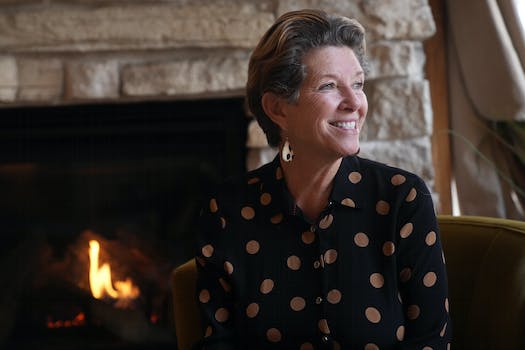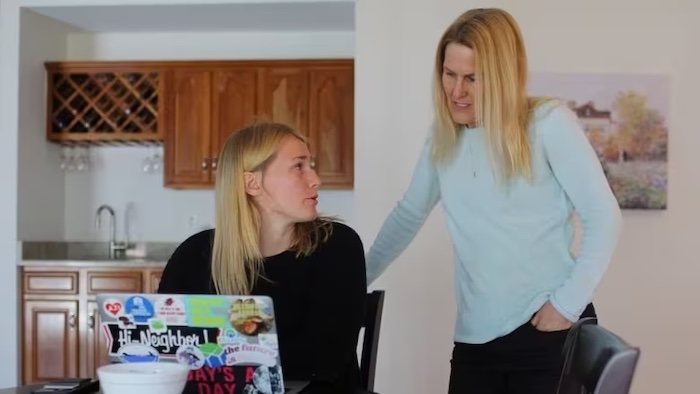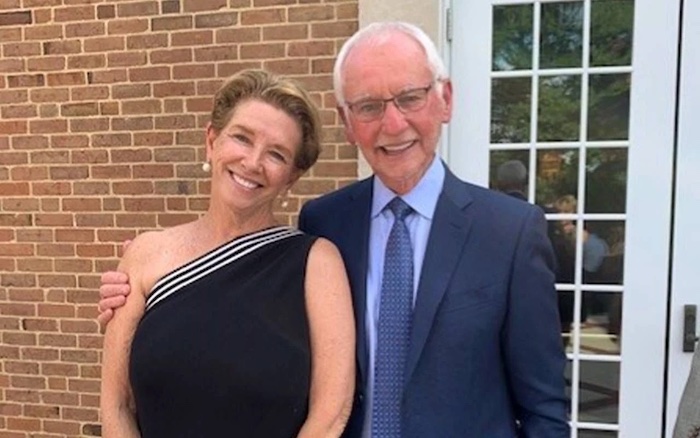
It’s not the dying I mind, Cheryl Hauser used to say.
It’s the leaving.
She left us this month. On her own terms, in her own time; surrounded by as much love, music and kindness in death as in life.
This is her parting gift to us. A chance to talk about the part of life nobody wants to think about.
The end.
“We would sing to her and rub her feet and her hands,” said Cheryl’s daughter, Wendy Longacre Brown, who chronicled those final days as her terminally ill mother voluntarily stopped eating and drinking to hasten the end.< "You're in it together," said Brown, who has worked for years as a death doula, easing the transition from this life to whatever comes next. “There’s a lot of joy and laughter. But there is sadness.”
Cheryl had loved the life that Alzheimer’s was stealing from her.
“She was everything,” her daughter said. “She was someone who could sing in the grocery store aisle, then have a long conversation out in the parking lot with a total stranger.”
But Cheryl knew what was coming. She lost her brother Bill to Alzheimer’s, years before the disease actually killed him.
When she was diagnosed, she knew how she wanted her story to end. When the time came, she would VSED — voluntarily stop eating and drinking.
“When the day comes when nothing matters anymore, I’ll begin,” she told the Star Tribune in 2021. “My brother died of this disease and it was torture. I don’t want that for me and my family.”
Instead of languishing for years in memory care, she chose to spend her last weeks at home in Minnetonka. Friends visited, musicians serenaded her, and her grandchildren pressed her thumb into soft clay to create keepsakes. She sat outside in the sun, surrounded by summer flowers and birdsong.
One of Cheryl’s daughters is a birth doula. The other a death doula. Welcoming us into the world and helping us say goodbye.
“The more that death is part of the conversation and less of a taboo, the more we as a community can be present for one of the two most significant moments in your life,” Brown said. “It’s never too early to start a conversation of what people wish for around their end of life.”
Brown had helped other families through the goodbyes that nobody wants and everyone needs. Now she was the one saying goodbye. Every day, she shared photos and updates on her mother’s condition on cherylhauser.com.
The site started as a way to share news with family and friends. But it also drew strangers, who grieved with them and marveled at their generosity. In a culture that shies away from talk of death, here was a family showing us what dying looks like. Or what dying could look like.
“People often ask, did she have doubts? I can honestly say she did not,” said her husband, David McNally.
VSED is not a swift or simple death and patients in cognitive decline need special care to ensure that they are capable of giving informed consent. But this had always been Cheryl’s plan.
There were moments, as Cheryl was dying, when she would become confused and forget. Her family would sing to her, massage her legs as they cramped from dehydration, and offer her a tiny spritz of water or a cold spoon to hold in her mouth for comfort.
VSED cases are overseen by doctors and hospice staff. Caregivers were with Cheryl to make sure she was comfortable and had medicine to ease any pain or anxiety.
It was a death only possible in a family that talked about the end of life long before they needed to.
“Several times in the journey [in the four years between Cheryl’s diagnosis and death], I would say to her ‘How are you feeling about VSED?’ ” McNally said. “She would say no, I’m good, I’m going to do it. When my time comes, I will do it.”
The couple met when they were 60 and married when they were 70. Sixteen years. That’s all the time they were given. They made the most of their last four years together; traveling, going on adventures and advocating for the right to a dignified death.
Cheryl “was a very outgoing, very joyful person, just an extraordinary personality. She lit up a room,” he said. “She connected with people. She had this uncanny ability, when speaking with people, of making them feel special.”
There were incredibly sad moments, he said, as the disease progressed and her beautiful life started to slip away. Cheryl lost the ability to drive, to play the piano, sometimes she struggled to tell one grandchild from another. In the end, he said, she could do almost nothing for herself without help.
In May, she told her family she was ready.
Cheryl Harms Hauser, who had a smile that could light up a room, died on June 2, 2023. She was 76 years old.
Complete Article ↪HERE↩!







